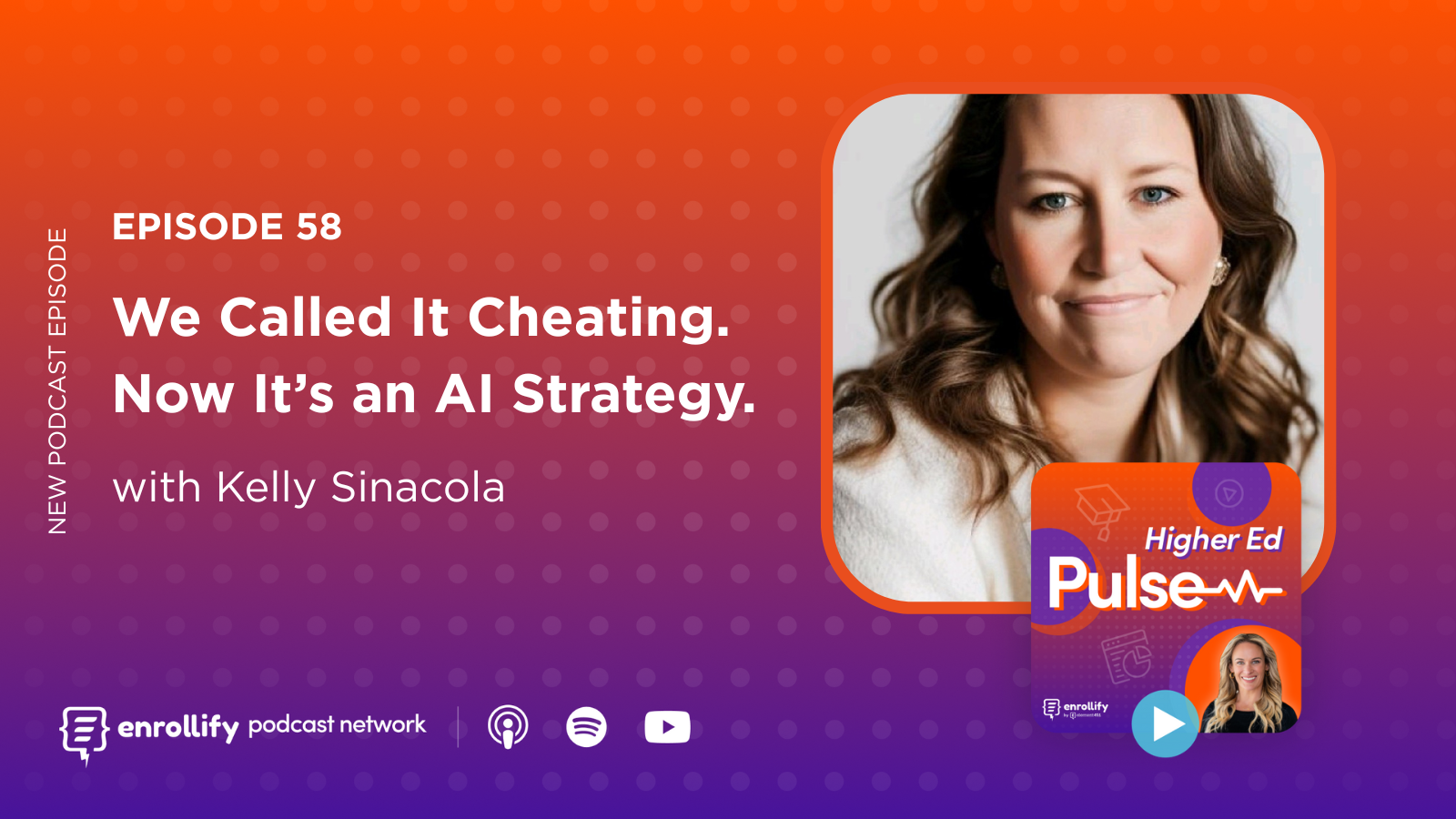About the Episode
In this conversation, Carrie is joined by Melissa Richards to explore the key elements of finding and cultivating strong mentorship relationships. Melissa shares how the best mentorships don’t happen by accident—they require intentionality, clear goals, and the right match in communication style, mindset, and commitment. She also emphasizes the importance of seeking diverse perspectives rather than choosing mentors who simply mirror your own background or career path.
Key Takeaways
- Set clear goals before seeking a mentor. Even a high-level understanding of what you want to achieve will make mentorship more effective.
- Look for mentors with diverse perspectives. Your ideal mentor doesn’t have to be in your field—they just need to help you grow.
- Three key traits of a great mentor:
- Strong interpersonal communication. They should challenge your thinking rather than just provide answers.
- A growth mindset. They should believe in continuous learning and encourage you to expand your potential.
- Commitment. If a mentor is too busy to give you focused attention, the relationship won’t be impactful.
- Good mentorship teaches you to seek varied viewpoints. Learning from multiple perspectives will help you lead more effectively in your own career.
How to Identify and Cultivate the Right Mentors
Step 1: Define What You Want From MentorshipBefore seeking a mentor, take some time to reflect on what you hope to gain from the relationship. You don’t need a perfect roadmap, but consider:
✔ Where do you want to grow in your career?
✔ What specific skills or insights are you looking for?
✔ Are you seeking long-term guidance or support on a particular challenge?Having this clarity will help you identify the right people to connect with and set the foundation for a productive mentorship.
Step 2: Choose a Mentor Who Challenges and Expands Your Thinking
The best mentors don’t just give answers—they ask powerful questions that push you to think differently. Melissa emphasizes the value of:
- Diverse perspectives. A mentor doesn’t have to be in your exact field or role to provide valuable insights. Sometimes, an outside perspective is what helps you grow the most.
- Honest and natural conversations. A strong mentorship is built on open dialogue where both parties can be candid.
- A balance of support and challenge. A great mentor acknowledges your strengths while also pushing you to consider different viewpoints.
Step 3: Find Mentors Who Have the Right Mindset and Commitment
Not every mentor will be the right fit. Consider these three key qualities before investing in a mentorship relationship:
- Interpersonal Communication Style – Can you have meaningful, open conversations? Does this person ask thought-provoking questions?
- Growth Mindset – Do they believe in continuous learning and self-improvement?
- Commitment – Are they available and present when you meet, or are they constantly rescheduling?
Make sure to check out the full Lessons In Leadership Playlists today.
About The Enrollify Podcast Network: Lessons In Leadership is a part of the Enrollify Podcast Network. If you like this podcast, chances are you’ll like other Enrollify shows too!
Some of our favorites include Generation AI and Confessions of a Higher Education Social Media Manager.
Enrollify is produced by Element451 — the next-generation AI student engagement platform helping institutions create meaningful and personalized interactions with students. Learn more at element451.com.
Attend the 2025 Engage Summit!
The Engage Summit is the premier conference for forward-thinking leaders and practitioners dedicated to exploring the transformative power of AI in education.
Explore the strategies and tools to step into the next generation of student engagement, supercharged by AI. You'll leave ready to deliver the most personalized digital engagement experience every step of the way.
👉🏻 Register now to secure your spot in Charlotte, NC, on June 24-25, 2025!







![Melissa Richards on Mentorship [Lessons in Leadership]](https://cdn.prod.website-files.com/65b93e4999a2b3b98187bcdb/67a4d41e10e7aa94e4e057aa_2024%20Lessons%20In%20Leadership%20(3).png)







